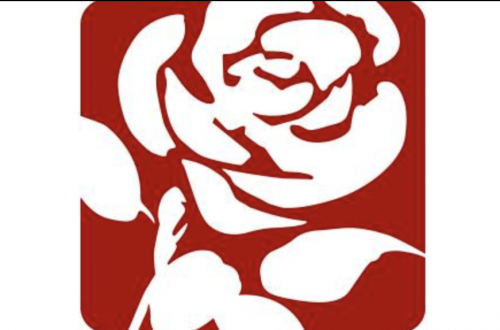Moustafa Bayoumi’s latest piece in the Guardian opens:
‘Here’s something you may not have thought likely. A majority of American Muslims now believes that it’s fine to be gay.’
The findings of the poll were certainly encouraging; US Muslims are fast catching up with the rest of the country on this issue. The fact the poll got no coverage on Jihad Watch (last time I checked) is a sure sign the trajectory is positive. Some people aren’t interested in good news stories about Muslims.
However Bayoumi is a little selective himself. He goes on to accuse a range of anti-Islam politicians of hypocrisy, of weaponising LGBT rights even though their own views on this issue are also reactionary. I’m no fan of any of these figures, but I think it would have strengthened his case if he’d acknowledged the gap between their policies – such as opposing gay marriage – and the views they are combating. At the extreme end of the spectrum, some popular Muslim preachers, with different degrees of frankness, support the death penalty for homosexuality.
Another problem with Bayoumi’s article is that he doesn’t engage with the significant differences between Muslim communities. The USA is more conservative than much of Europe – while its small Muslim minority is particularly liberal. The situation in, say, the Netherlands is quite different. Bayoumi also fails to deal with the differences between anti-Islam politicians. Le Pen is conservative on social issues, but Wilders is not – which is perhaps why Bayoumi focuses instead on the fact he has silly hair. Waters is gay herself, and this too is not mentioned. These facts don’t in themselves in any way soften their anti-Islam manifestos. But Bayoumi shouldn’t imply that the charge of LGBT hypocrisy can be levelled against all on the populist right. Yet I can’t blame him for pointing out that whereas the right wing populist AFD opposed the recent legalisation of gay marriage, all Germany’s Muslim MPs supported it (as did the majority of British Muslim MPs).
Bayoumi then touches on last year’s survey of British Muslim opinion, and the accompanying documentary, presented by Trevor Phillips. It’s not surprising, given the different European context noted above, that this poll revealed a starker gap between Muslims and other Britons in comparison with the US poll. The findings weren’t seriously challenged (although the way they were presented might be criticised.) However Bayoumi implies unfairness through his language – ‘purported to show’. (I can imagine some counterjihadists using the same phrasing to rubbish the more positive US findings.)
In the UK, Muslims are still dealing with fallout from a Channel 4 documentary – What British Muslims Really Think – that purported to show how different they were from other Britons. It included the statistic that 52% of UK Muslims believe homosexuality should be illegal, which is shocking in isolation. It’s a different metric, but consider this: in 1985, only 9% of British Catholics believed that same-sex relationships were not wrong. By 2016, that had leapt to 62%. Catholic doctrine had not changed in the interim; attitudes had.
At first I thought this invocation of a very old poll, and a significantly different question – thinking homosexuality is wrong is quite different from thinking it should be illegal – was sheer whataboutery. But the final point he makes is a good riposte to the counterjihadists’ insistence (which they proclaim with all the certainty and fervour of an Islamist) that Islam, as well as being very bad, is immutable. If Muslim views can shift, as they have in the US, then it doesn’t really matter if ‘Islam’, in the abstract, changes or not.
To sum up, I thought Bayoumi would have made a better case if he’d faced up to the divisions within and between Muslim communities in the West (and between different shades of counterjihadist), and acknowledged the worrying trends as well as the promising ones.


